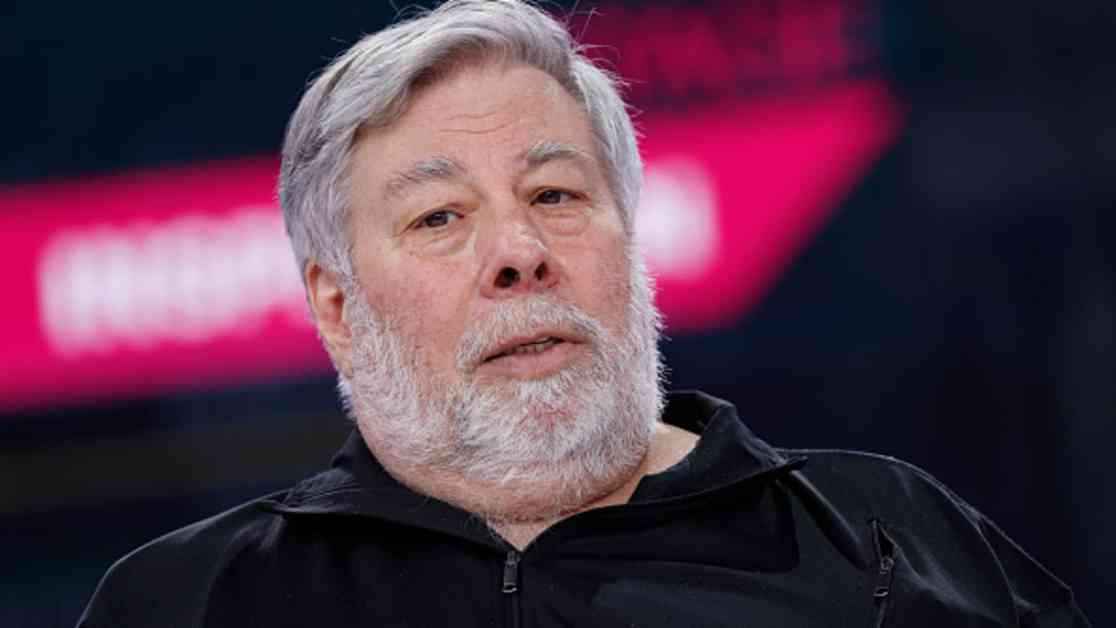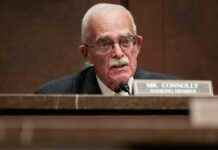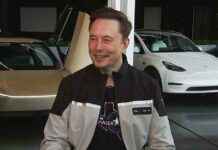Apple co-founder Steve Wozniak recently voiced his concerns about the approach taken by Elon Musk’s Department of Government Efficiency, also known as DOGE, in a bid to cut administrative costs within federal government agencies. This initiative, established by President Donald Trump, aimed to streamline government operations and reduce expenditure.
In a recent interview with CNBC at a tech conference, Wozniak expressed his reservations about the mass firings carried out by DOGE, labeling it a “sledgehammer” approach. While acknowledging the importance of identifying inefficiencies in government operations, Wozniak highlighted the need for a more nuanced and surgical method to address these issues. He emphasized that comprehensive analysis and strategic changes were essential, rather than blanket dismissals.
The veteran tech entrepreneur raised concerns about the alleged bullying tactics employed by both Trump and Musk in their dealings with Ukraine, particularly in light of DOGE’s drastic job cuts. Drawing on his own Ukrainian heritage, Wozniak condemned the mistreatment of the country by powerful figures, equating their actions to bullying. His stance reflected a deep-rooted empathy for the underdog and a commitment to consumer welfare over corporate interests.
U.S.-Ukraine Relations and Musk’s Influence
The strained relationship between the U.S. and Ukraine under Trump’s administration has come under scrutiny, with ties between the two countries deteriorating. Wozniak’s criticism of Musk’s influence in these geopolitical matters shed light on the broader implications of corporate power on international relations. The escalating tensions between Washington and Kyiv underscored the complex interplay between politics, economics, and personal agendas.
Wozniak’s assertion that he may have been banned from X, Musk’s social media platform, following his public critiques of Tesla’s vehicles served as a stark reminder of the influence wielded by tech moguls. The Apple co-founder’s concerns about the declining quality of Tesla’s products and the company’s approach to user interface resonated with consumers and technology enthusiasts alike. His candid remarks reflected a genuine commitment to innovation and user experience, drawing a sharp contrast between his values and those of Musk’s empire.
In his critique of Tesla’s Full Self Driving and Autopilot features, Wozniak raised valid concerns about the safety and efficacy of autonomous driving technologies. His expert insights as a seasoned innovator lent credibility to his assessments, sparking a broader conversation about the ethical implications of AI-driven systems. The clash between technological advancement and user safety underscored the delicate balance that companies like Tesla must navigate in their pursuit of innovation.
Wozniak’s unwavering stance against corporate arrogance and his advocacy for consumer rights added a compelling layer to the ongoing discourse surrounding Musk’s ventures. As the debate around government efficiency, corporate influence, and technological progress continues to evolve, voices like Wozniak’s serve as a crucial reminder of the human impact behind these high-stakes decisions. In a world where power dynamics and profit margins often overshadow individual concerns, his advocacy for a more empathetic and user-centric approach resonates with audiences seeking accountability and transparency in the tech industry.

























